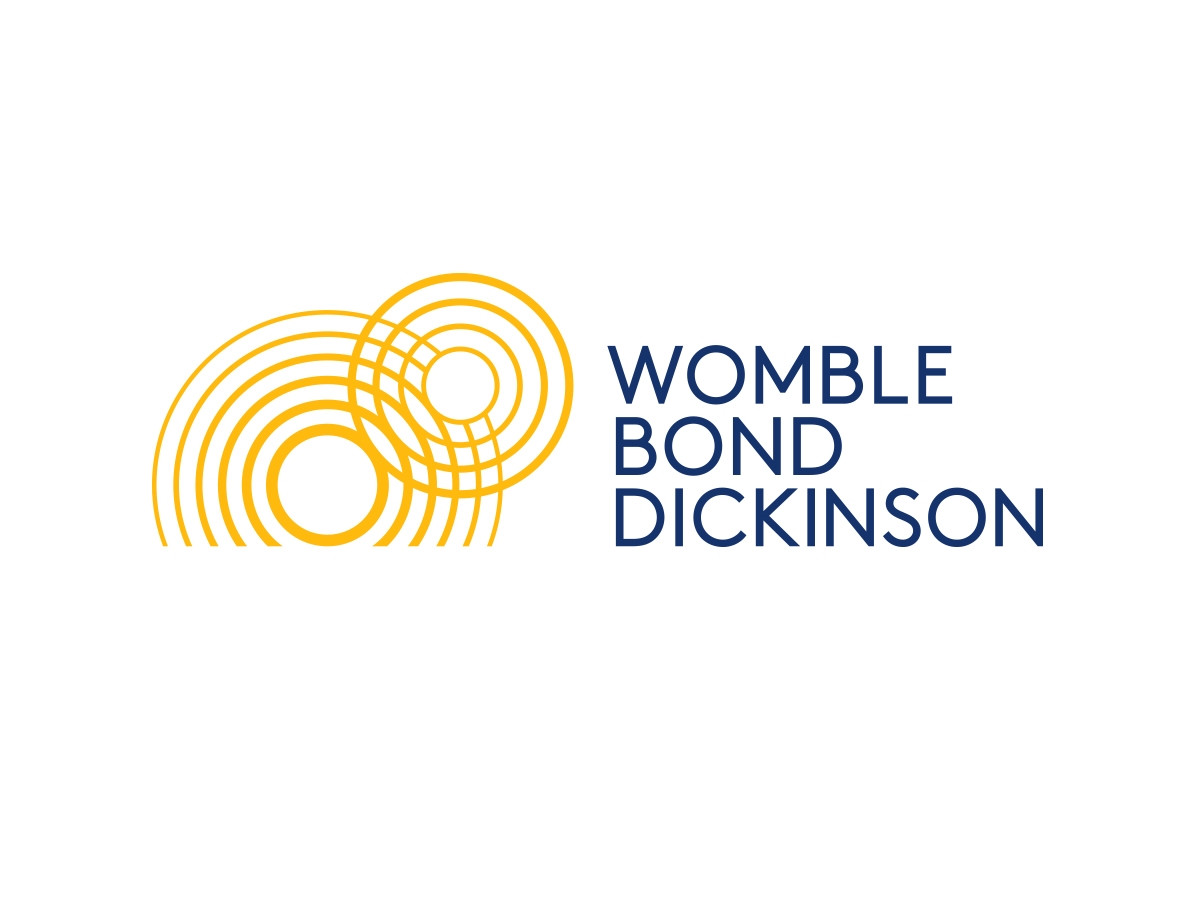
Halden states that, because of advances in the technology of isolating and reading biomarkers, and because of recent pandemic necessities, we are now diagnosing entire cities in hundreds of municipalities around the world. “Used responsibly and judiciously, this health threat radar protects populations including you and your loved ones; and while you remain anonymous and untraceable, the data collected are being used to extend your life expectancy and improve your quality of life.” But Haden nods to the possibilities of conducting such examinations on a smaller scale, say each apartment building or college dorm could be measured, making identifications much easier, and tying them to drug use or sexually-transmitted diseases.
An academic paper by Dr. Halden and others analyzes the ethics behind “the newly gained ability to extract and analyze genetic material from wastewater.” It is one thing to send your genetic material to a lab and pay for analysis. In the medical context, this information is protected under law (though not in the recreational context). It would be another thing for governments, universities or businesses to begin analyzing genetic material at wastewater treatment plants, thus analyzing the building blocks of your life without your knowledge or permission. The professors in their paper note that both corporate and legal policies regarding privacy have been historically reactive rather than proactive, and that the pace of advancement of reading genetic data and biomarkers in human waste has outpaced the rules surrounding the activity. This may not be a pleasant topic, but that shouldn’t keep us from providing privacy limits before many more cities enter into the business of collecting information from our waste.
For other biomarker news, in his most recent episode of the Revisionist History podcast, called The Dog Will See You Now, Malcolm Gladwell discusses the use of dogs for detecting biomarkers for important diseases. He demonstrates that, rather than submitting ourselves to invasive, uncomfortable, slow tests for COVID-19 exposure, a trained dog sniffing all people entering a school, airport or theater could give us better information instantly. He even demonstrates that since dogs tend to err (not very much) on the side of false-positives, those people found to be positive could be confirmed to have COVID-19 with secondary testing and the rest of us could avoid the problem. Dogs are also superb discovery mechanisms for colon cancer and other deadly diseases that benefit from early detection. In this case, biomarkers wafting off of your skin can alert the examining dog to the existence of a disease.
We already use dogs in security and policing to sniff for drugs and guns, as well as their centuries-long use to track people both missing and hiding. So we should already be comfortable allowing a dog to assist public health officials to seek out evidence of problematic diseases. Certainly some doctors would be offended that an animal is knocking them from their godlike pedestals, but those doctors simply don’t have the same nose skills. If the dog is better than our present technology, then use the dog.
Of course, privacy issues arise here too. Think about how people would feel about requirements for entering the workplace insisting they walk past a security machine to immediately search their bodies for evidence of communicable diseases or opioid use – not whether you were carrying things into the building in your pockets or briefcase, but whether your body itself contained the evidence. Seems like the kind of privacy invasion that would cause objections and probably should be discussed from a policy standpoint before it is implemented. A trained dog can be just such a sensing machine.
Clearly, sensing biomarkers in bodies or in human waste can help prevent the spread of disease and help with other health and safety issues. But are we ready for our own bodies to be scanned for our own good, and for the good of society? I would suggest that, gross as it may be, a conversation about smelling your body and testing your excrement may be important for privacy now and in the future.
"really" - Google News
September 02, 2021 at 12:37AM
https://ift.tt/3BCyVcz
Biomarkers: Do We Really Need to Discuss Privy Privacy? - JD Supra
"really" - Google News
https://ift.tt/3b3YJ3H
https://ift.tt/35qAk7d
Bagikan Berita Ini














0 Response to "Biomarkers: Do We Really Need to Discuss Privy Privacy? - JD Supra"
Post a Comment